Kristian Levring tells Wendy Mitchell about the inspiring process of making The Salvation, a ‘Western that’s a myth about Westerns’
Making The Salvation, Denmark-born, London-based director Kristian Levring says simply, “is a childhood dream come true… it’s like playing again, being a boy”.
He grew up in Denmark watching black-and-white Westerns on Saturday afternoons — films by John Ford, Sam Peckinpah, Howard Hawks and Sergio Leone. “Why on earth do a genre that everyone says is dead?” he says of his new film, which has its world premiere as a Midnight Screening tonight. “It’s to be able to play in the playground of Leone or Ford. Of course the genre’s not dead.”
Even though Levring is one of the fathers of the Dogme movement, The Salvation certainly is not a Dogme Western. “I wanted to make a classic Western; to do an arthouse Western wouldn’t make sense,” he says.
It has authenticity but feels more inspired by classic films than by realities of the Wild West. “I made a Western that’s a myth about Westerns,” he says proudly, adding that fans of the genre will be able to spot about 70 references to other films.
The story, co-written with Anders Thomas Jensen, follows a Danish settler (Mads Mikkelsen) in 1870s America who sets out to avenge the murder of his family and take down a corrupt gang boss (Jeffrey Dean Morgan). And Levring reports: “Writing the script was as fun as shooting it.”
The men on the set — Mikkelsen, Morgan, Mikael Persbrandt and Eric Cantona — seemed to also delve into their own childhood cowboy fantasies. “They loved all the boots and guns,” Levring reports. “One actor — I won’t say who — said, ‘now I understand why America won’t get rid of its gun laws’.”
Eva Green plays a tough frontier woman who is mute after having her tongue cut out. “She had that strength,” the director says.
“It was hard to play someone who can’t speak at all.”
The director has worked with a lot of animals on commercials shoots, but he found The Salvation’s equine stars a challenge. Not to mention getting a diverse cast into the saddle. “They did their own riding. Some were better than others,” he adds with a laugh.
The film shot on location for eight weeks in South Africa, where Levring’s team constructed their own Wild West towns (interiors and exteriors). The production also shot scenery in Montana and Utah to add more authentic vistas in post-production.
The Salvation is mostly in the English language but due to its origins it has been tagged as a “Danish Western”. “The majority of people who survived in the Wild West were European immigrants,” Levring notes. “Mads’ character is Danish but he’s an American character. People like that will never go back [home]. They may have an accent but they’re all American. It’s interesting to remember these Danes were part of American history.”
His past experience, including his Dogme work as well as decades of commercials, brought him to the point of The Salvation. “Your past work is always in you,” he says. “I made a decision to make a clear-cut genre movie. Once you make that decision, it guides you. You have to stay true to the genre.”
Levring will again move genres with his next film, Detroit, the horror film Lars von Trier is writing for his old Dogme brother. Details are scant on the Zentropa production so far, only that it is a horror film set in the struggling US city.




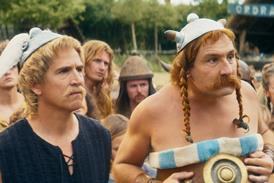
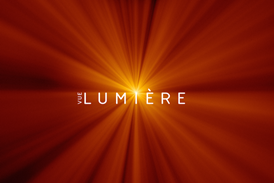






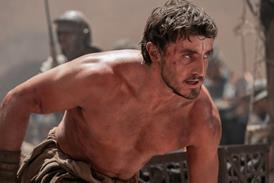
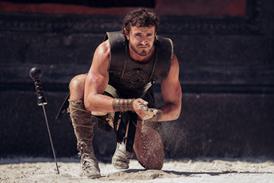



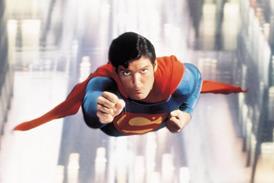







No comments yet